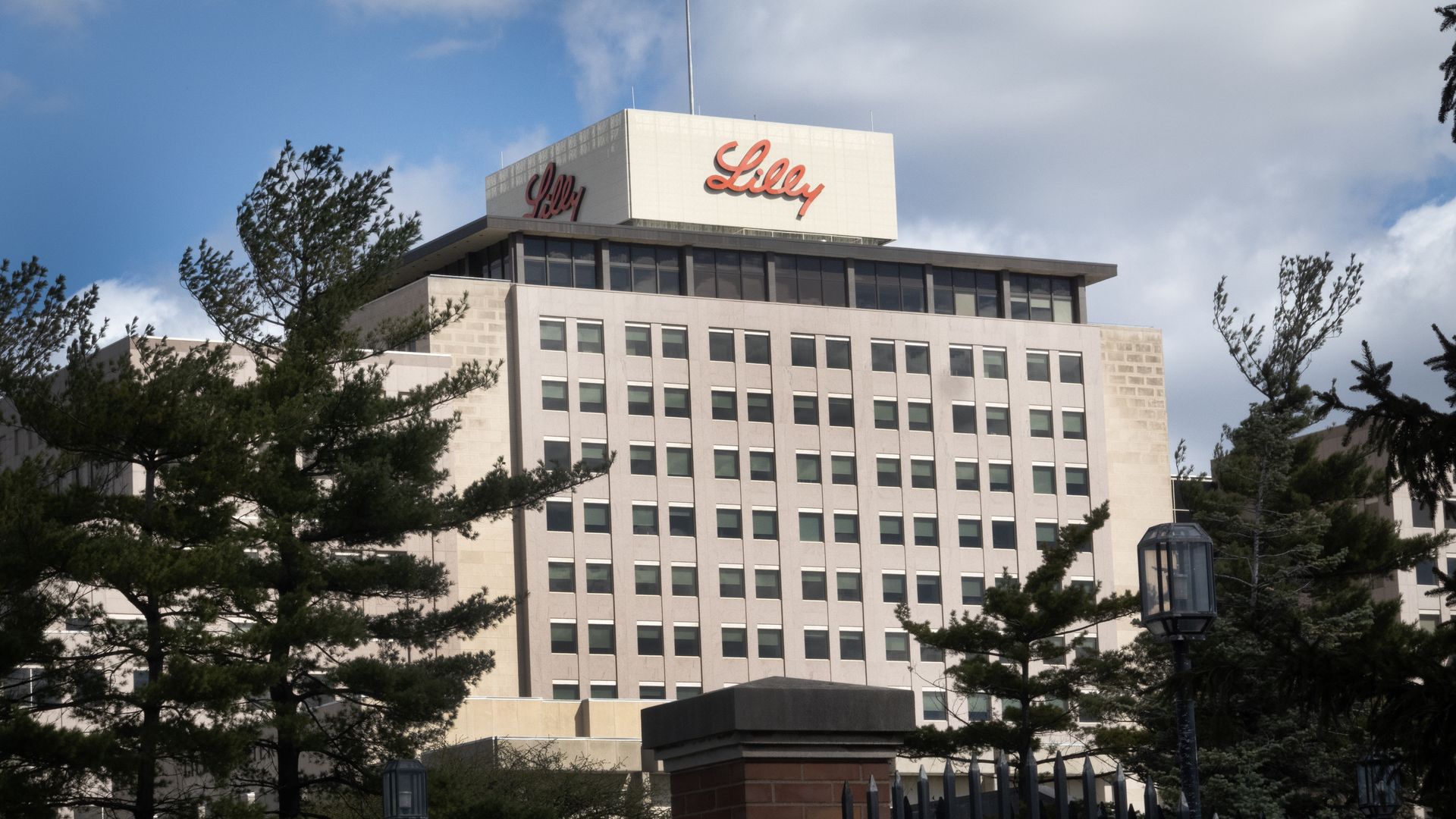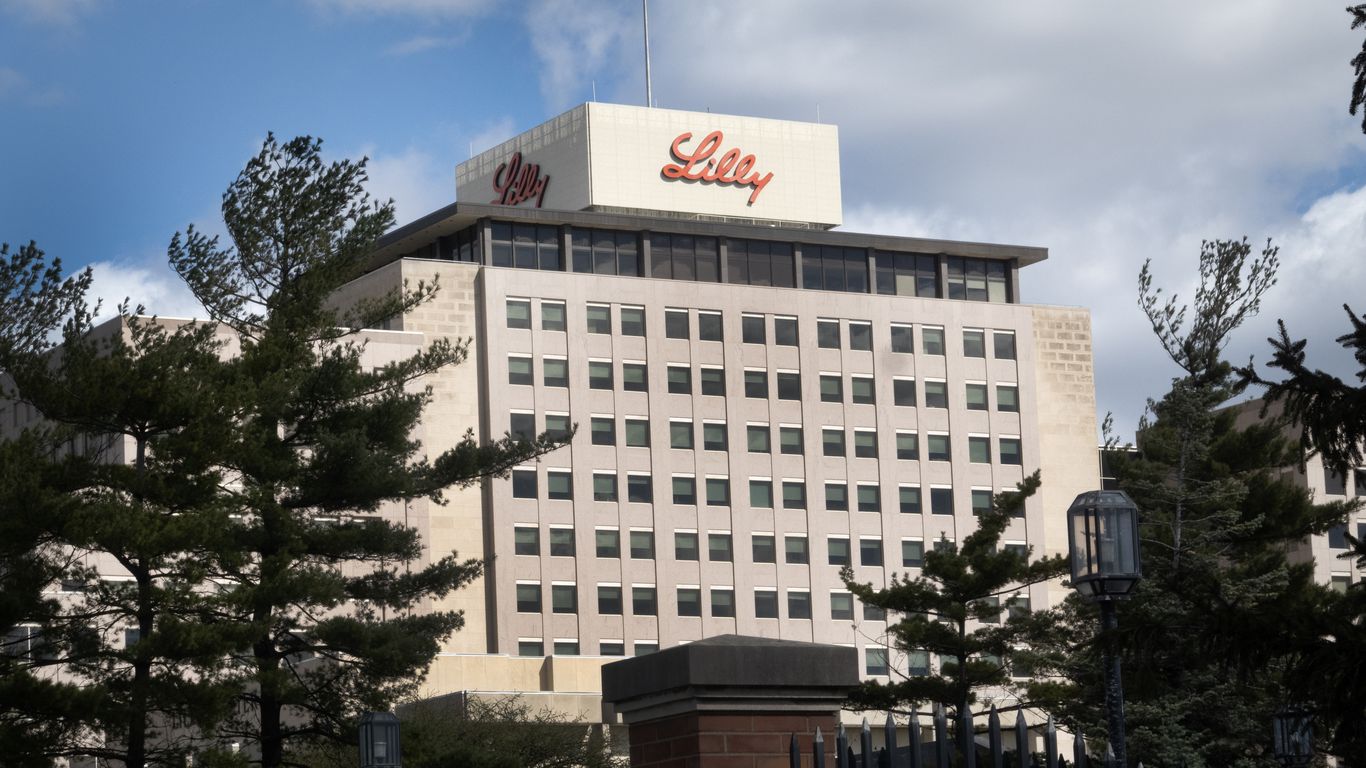
In a significant development for the treatment of Alzheimer's disease, the Food and Drug Administration (FDA) has approved Eli Lilly's donanemab, making it the second drug to receive approval for treating early symptoms of this debilitating condition. Donanemab targets deposits of amyloid protein in the brain, a key indicator of Alzheimer's presence.
The FDA's decision marks a turning point as donanemab is the first treatment to slow down the progression of early symptomatic Alzheimer's disease and allow people to live more independent lives for longer. The drug will be sold under the brand name Kisunla, and it works by helping the body remove excessive buildup of amyloid plaques in the brain.
The approval comes after a year-long application process that saw some uncertainty due to reported side effects such as brain swelling or bleeding. However, FDA advisers voted that the benefits of donanemab outweigh any risks, despite these serious adverse events occurring in only 2% of patients.
Clinical trials showed that donanemab slowed down the progression of Alzheimer's disease and reduced participants' risk of progressing to the next clinical stage by up to 39%. The treatment costs $695 per vial before insurance, amounting to $12,522 for a six-month course or about $32,000 for a year.
Eli Lilly's announcement follows the FDA's approval of Biogen and Eisai's lecanemab (Leqembi) last year. Both drugs are monoclonal antibodies that target amyloid plaques in the brain to slow down Alzheimer's disease progression.
The FDA's decision is a significant step forward for Alzheimer's patients and their families, as early detection and diagnosis are crucial for effective treatment. The approval also marks an important milestone in evolving the standard of care for people living with Alzheimer's disease.



